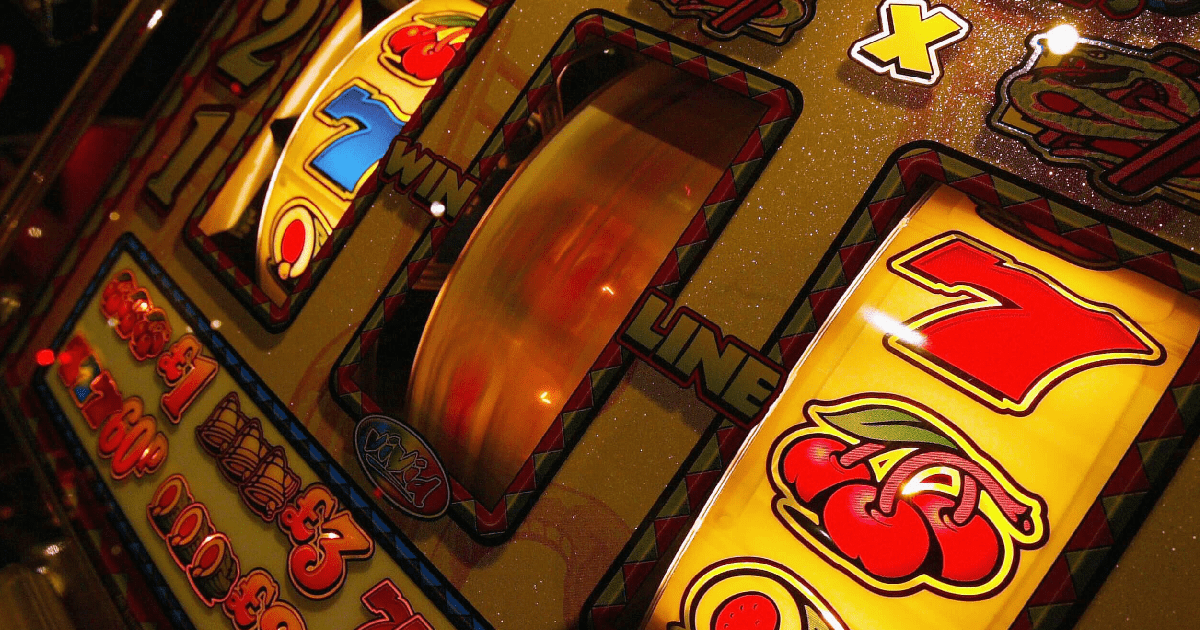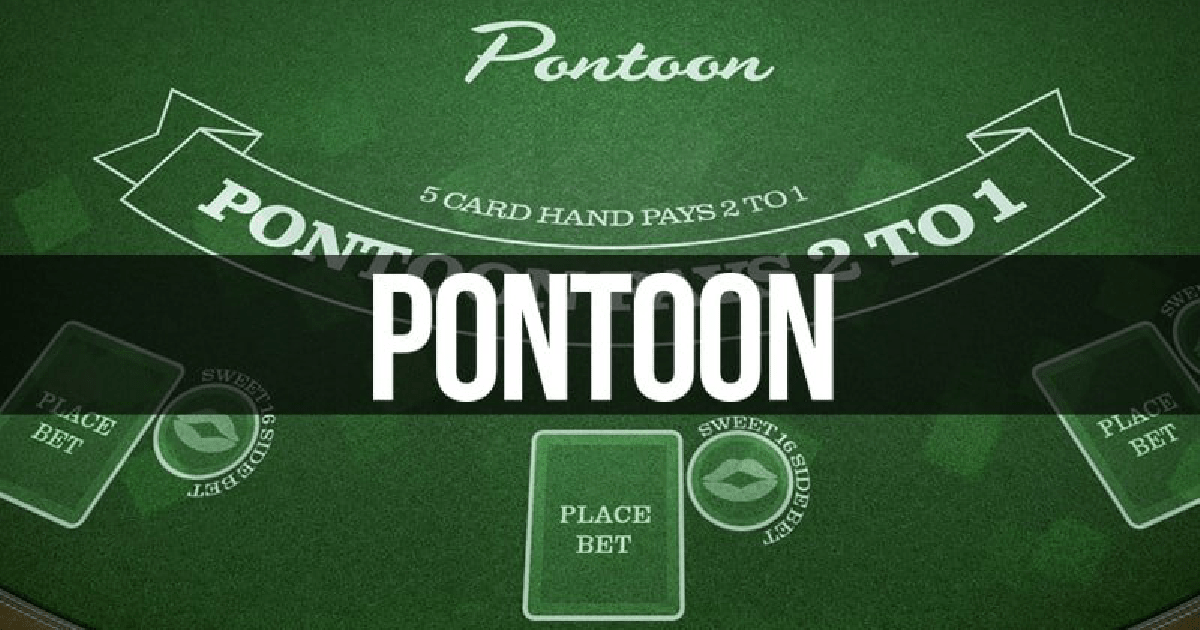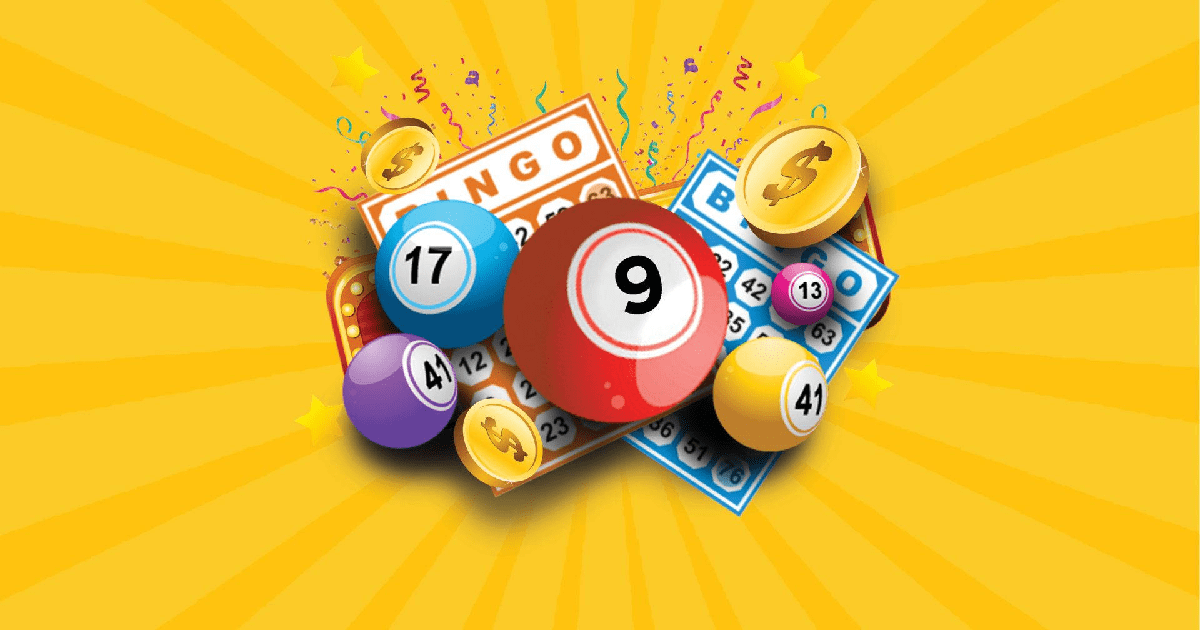Understanding Different Types of Slot Machines
Video Slots: Distinguished by graphical reels on a computerized display, video slot machines are free from mechanical constraints, often featuring 5 reels and non-standard layouts. Video technology has transformed these slots into lucrative ventures, incorporating free spin rounds, bonus features, and progressive elements. Based on various themes like movies, TV shows, or comics, video slots offer a user-friendly experience with stunning graphics, numerous paylines, and innovative game designs. Players simply need to familiarize themselves with the rules to unlock bonus rounds triggered by special symbols.
3D Slot Machines: Imagine combining regular slot features with a three-dimensional storyline, and you get 3D slot games. These visually captivating releases offer an immersive gaming experience as developers push the boundaries of creativity. Featuring enhanced graphics, 3D slot machines provide a unique and engaging dimension to traditional gameplay.
Progressive Slots: Each bet placed on progressive slots contributes a small percentage of the coin to the top prize, creating an ever-increasing jackpot. The jackpot starts at a certain amount and continues to grow until a player hits the required winning combination. As more players participate, the jackpot climbs higher. After a jackpot is won, the game resets to its starting amount, initiating the process anew.
Flat Top Slot Machines: Flat top slot machines refer to those with a fixed top jackpot, meaning the highest prize remains constant regardless of the number of players. While they may not offer million-dollar jackpots, the odds of winning are comparatively better.
By Location: Land-based vs. Online Slots: Slot machines can be categorized based on their location—either land-based or online. Land-based slots are predominantly found in physical casinos but can also be located in hotel lobbies, airports, and other venues. Online slots offer the convenience of playing from home by accessing casino websites.
By Denomination They Accept: Slot machines can be classified by the denomination they accept. In the USA, common denominations include pennies ($0.01), nickels ($0.05), quarters ($0.25), dollars ($1), and high limits ($5, $10, etc.), determining the amount placed in a single bet.
By Number of Reels and Paylines: Another classification of slot machines is based on the number of reels and paylines. Traditional machines typically have 3 reels, while more advanced slots feature 5 reels or more. Paylines vary, with traditional slots having one payline across the center of 3 reels, and newer slots offering multiple paylines on 5 reels. The combination of symbols in the correct order triggers payouts, typically from left to right on the screen.











